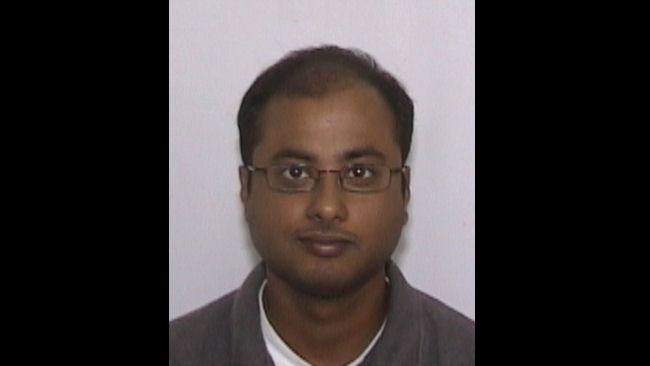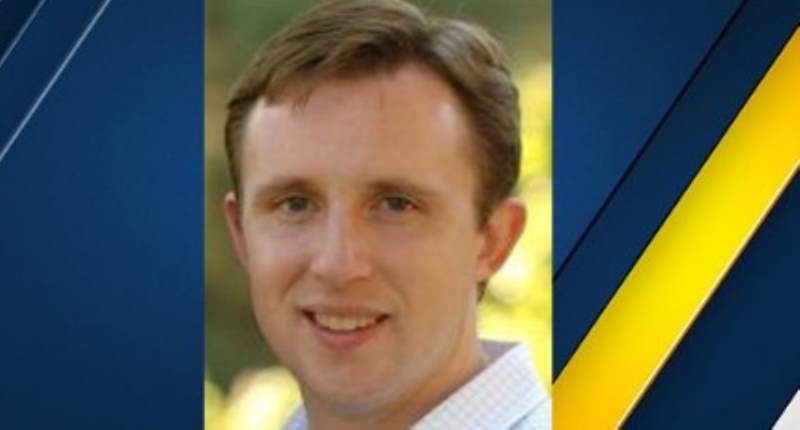
Like many, when I heard that the UCLA campus was on lock-down yesterday due to an on-campus shooting, I braced myself for the worst. Many have scoffed that the spectacle of the mass shooting has become commonplace in today’s America.
Even so, I felt a growing despair as tweets began rolling in from students sheltering in place at UCLA yesterday. There is no story of mass violence that ends well: each is a gruesome spectacle of horror and tragedy, inevitably committed by a person who made the unforgivable decision to weigh their own private angst over the lives of the innocent.
But, yesterday’s events at UCLA gave me pause for extra concern. UCLA is one of the more racially diverse campuses in the United States with over one-third of its undergraduates self-identifying as Asian American or Pacific Islander. It is home to the nation’s largest Asian American Studies departments. I felt certain: a shooting at UCLA was almost certain to reverberate through the AAPI community in unpredictable ways.
I was saddened to learn this morning that — despite early reports that the shooter was a White male — Los Angeles police confirmed the identity of the shooter as former UCLA Mechanical Engineering graduate student Mainak Sarkar, a 38-year-old Bengali American scientist who received his doctorate in 2013 and his US permanent residency in 2014. Sarkar is suspected of having killed two victims — his ex-wife, Ashley Hasti who was found dead in Hasti’s home in Minnesota, and his former graduate mentor, Prof. William Klug, who was shot in Klug’s office on the UCLA campus — before Sarkar took his own life.

It didn’t take long for the racist tweets to roll in. Sarkar is “proof why third worlders shouldn’t be allowed in advanced societies,” said literally the first tweet I found when I searched Sarkar’s name. The very next tweet shared a meme claiming Sarkar to be Muslim based solely on the colour of his skin, and therefore that he was by extension a terrorist. Of course, assuming all Muslims are terrorists is racist and Islamophobic; anyways, he was Hindu.
The AAPI and Desi community is reeling as we grasp for an appropriate response when “one of our own” commits the unthinkable.
Nothing — nothing — justifies murder.
No one expects White America to issue a mea culpa for Dylann Roof or Adam Lanza. Yet, Twitter has demanded an apology from Muslims for every global act of terrorism in recent memory. South Koreans apologized for the mass shooting at Virginia Tech.
Of course, this is itself a regressive reaction: only people of colour implicitly shoulder the expectation that we should carry the whole of our race wherever we go. Only people of colour instinctively recoil with the knowledge that race in America means inevitable generalizations and stereotypes. Only people of colour know the pain of feeling an irrational, impossible shame over the actions of a criminal we never knew. Only people of colour feel the guilt of feeling that guilt only to be dubiously vindicated when the self-righteous racist on the street calls us by the criminal’s name, regardless.
Because even within unspeakable tragedy, racism persists.
And so, as an Asian American, I feel sadness for the irrational, tragic violence of it all. And I feel more than a little fear for what this would mean for Asian Americans and Desi Americans. Would we face more intolerance? More bigotry? More hatred and suspicion and fear?
I also wonder what Sarkar’s unjustifiable actions will mean for the thousands of Asian American international students and graduate students.
Prior to receiving his doctorate in 2013 in medical engineering, Sarkar received a bachelor’s degree in Aerospace Engineering from the Indian Institute of Technology in Kharagpur, and a master’s degree from Stanford, according to his now-defunct LinkedIn page. It is in this capacity that we get at least one hint towards motive. Social media and an archived blog reveal that in recent months, Sarkar’s life took a downward spiral: he broke up with his ex-wife who unfriended him on Facebook, and he posted rage-filled ramblings accusing Klug of having stolen his computer code.
All the same: nothing — nothing — justifies murder.
Klug’s colleagues are adamant that Sarkar’s accusations are baseless. While there are legitimate stories of international graduate and post-doctoral students enduring racism and linguistic oppression — a problem that contributes to the creation of a bamboo ceiling that slows the academic careers of prospective scientists of colour — Sarkar’s career seemed more lacklustre than racially limited. It took Sarkar seven years to complete his doctorate — which is very long for a scientific PhD. In that time, he only appeared on one publication with Klug, and not as first author. Although he worked remotely as an engineering analyst for an Ohio-based materials company after graduating, Sarkar was no longer working for them by August 2014 says the firm’s CEO.
It is not easy being a scientist, let alone a graduate student of the hard sciences. The hours are long, projects that fail through no fault of the student go essentially unrewarded, and the pay sucks. Science can be tedious, frustrating and demoralizing work, made worthwhile by the rare, seductive, orgasmic moments of pure scientific discovery of magic in the mundane.
Graduate students are highly prone to stress, anxiety, and depression. A study at UC Berkeley found that 10% of its graduate students had suffered suicidal thoughts. When conflicts between students and mentors arise — which they do, even if in Sarkar’s case, the issue appears to be imagined — there are few avenues through which graduate students can assert their rights. (Cornell, notably, broke from the other Ivies this week to set the foundation for the creation of a Graduate Student Union, an important step in changing this status quo at the school.)
All the same, nothing — nothing — justifies murder.
In the end, I find myself in the same place I find myself after every horrible act of violence. Again, I struggle to make sense out of the senseless. Again, I struggle to find some shred of humanity in the inhumane.
And, again the country rehashes the same conversation about mental health and gun control. We wring our hands and click our tongues, and we pass our judgments. Some of us vow, as we always do, that this time — this time — will be the last time. It will never happen again, we swear, until it happens all over again.
The LA Times reports that yesterday’s violence on the UCLA campus was the 186th school shooting since Sandy Hook in 2012. Over the Memorial Day weekend, 60 people in Chicago were killed in shootings. There is a gun violence epidemic in America, and no one seems to care unless a gorilla loses his life.
Nothing — nothing — justifies murder. So why do we keep justifying it with our apathy?

